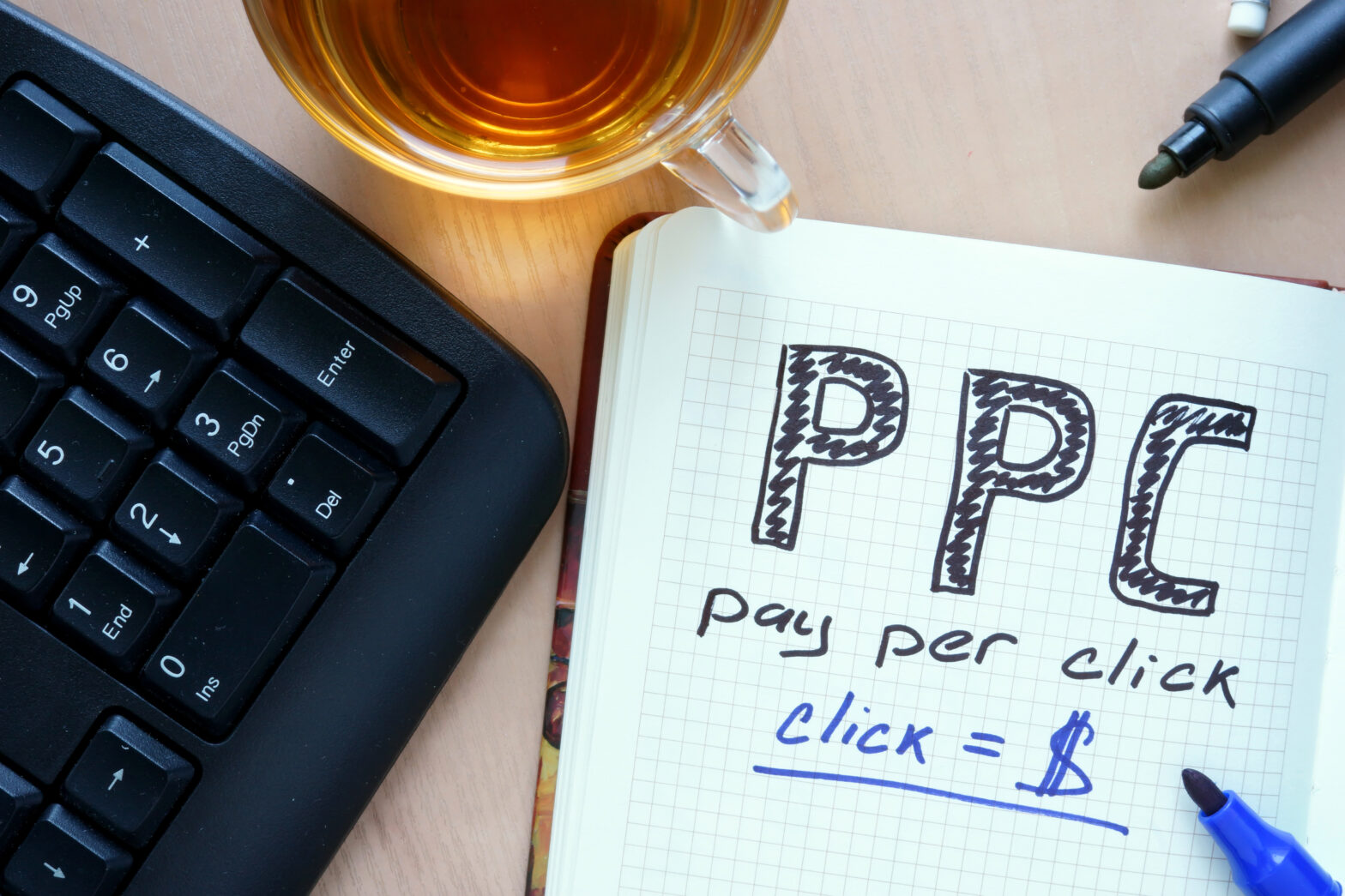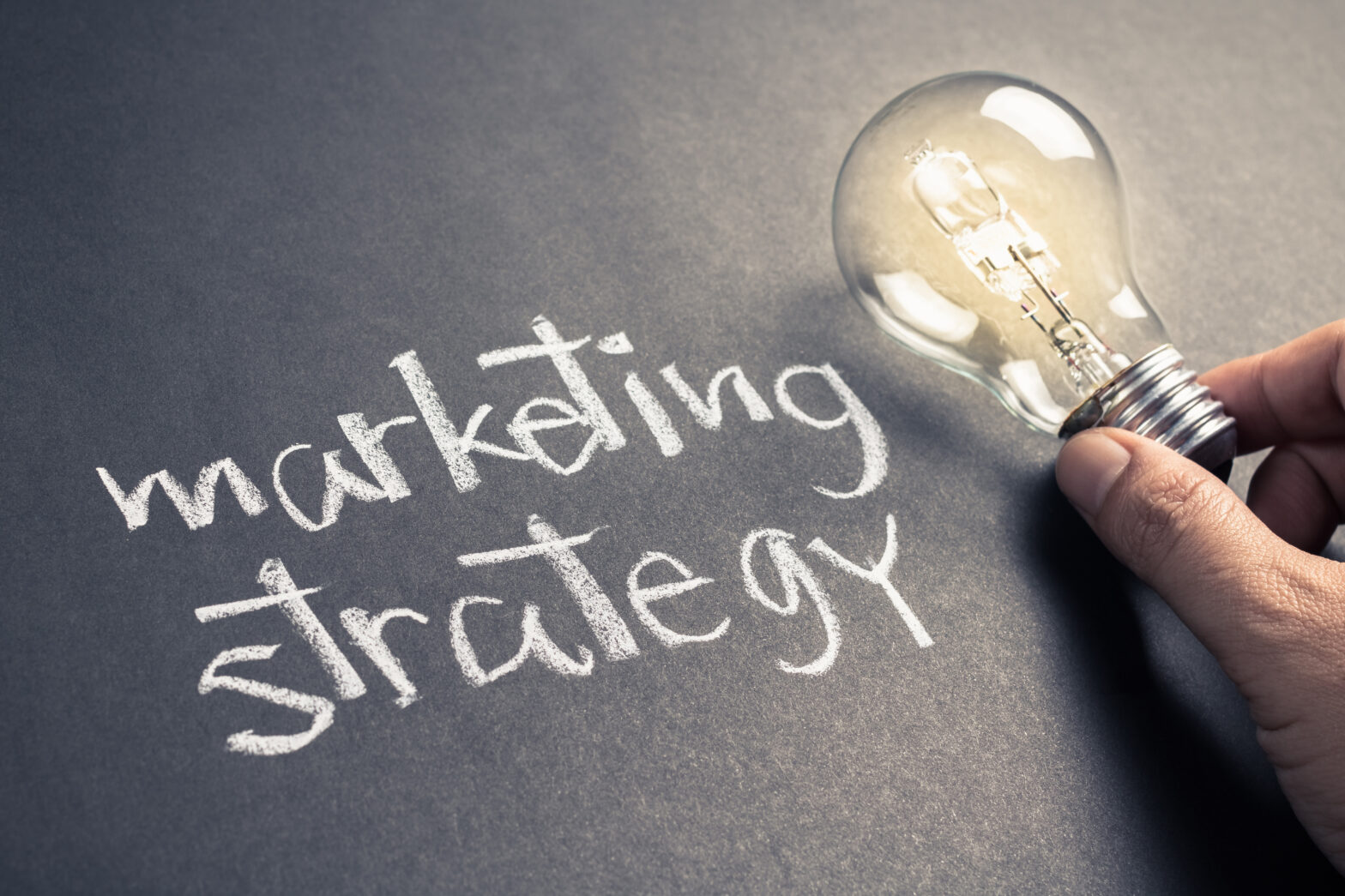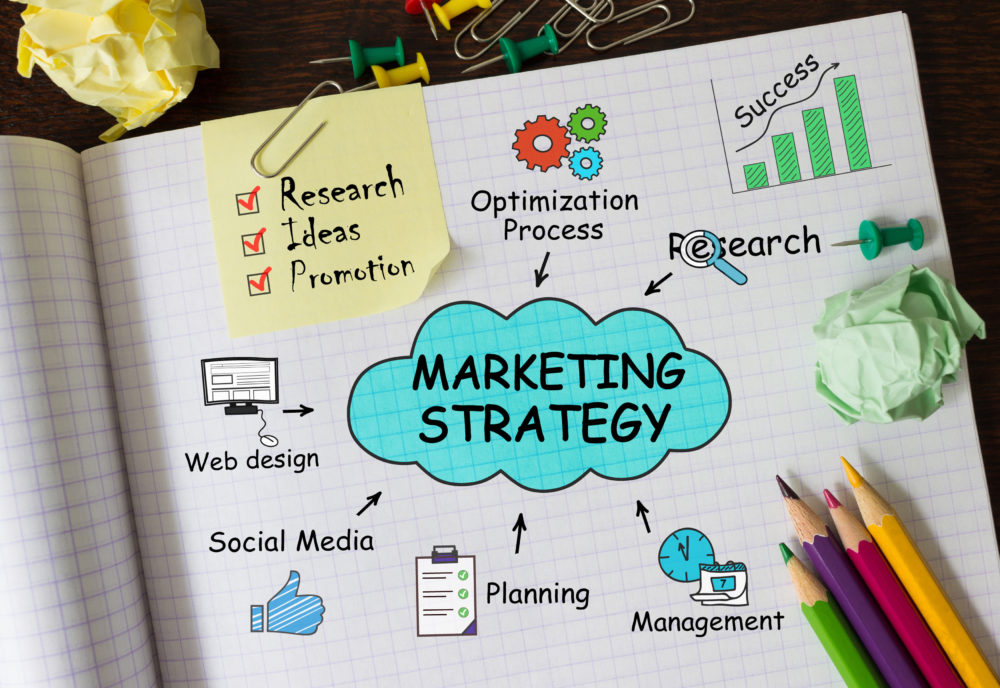This question is one many small business owners struggle with: ‘What should I focus first? PPC has multiple advantages over SEO, it’s quick, nimble, measurable and highly targetable. SEO has its advantages too, especially relevant for small business owners: it’s considered cheaper (whether this is actually true, we’ll leave up for debate). Let’s look at the reasons to go with PPC first:
1. Optimise as you go
The most important reason to try PPC before you move to SEO is the ability to optimise as you go. When you decide to optimise for the keyword ‘photographer in Liverpool’, there’s no way back. Trying to rank for that keyword is a long process that takes hours of hard work. What if you find out this keyword isn’t driving any valuable customers to your site once you’ve finally ranked high on this keyword? Nothing.
With PPC you can simple start bidding on that exact keyword, generate some clicks, an measure whether the visitors coming from this keyword are actually valuable to you. If it doesn’t work, you’ll simple switch out the keyword for the next option in line.
2. Highly measurable
Optimising as you go wouldn’t be so simple without the high measurability of PPC marketing. In contrast to SEO, where good measurability is very tricky, PPC marketing is very measurable. By using UTM tags, and web analytics tools such as Google Analytics, you can measure the result of each keyword or ad.
With AdWords autotagging feature this isn’t rocket science. As a matter of fact, AdWords and Google Analytics are by default set up to track your campaigns, ad groups, keywords and ads.
3. Move fast
When a certain keyword is a success for your business, you can scale rapidly. You can add keywords similar to your best performing keywords in a matter of minutes, and start expanding your reach and conversions. This wouldn’t be a possibility in SEO.
This makes your ‘learn-build-measure’ cycle so much faster. Let’s say it takes you one week to find out whether a keyword generates revenue in PPC, but one month in SEO. In this case you can test 52 significantly different keywords in one year in PPC, but just 12 with SEO.
4. Certainty about your rank
Ever heard of Google Panda? That’s one of Google iterations on their search-ranking algorithm. They like to change it every now and then to make sure the user experience of using Google stays as good as it is. The changes in the algorithm also have an impact on the efficiency of your SEO tactics. Ranking spot four today won’t mean you’ll still be there tomorrow.
With PPC, you can choose to rank wherever you want by adjusting your bids accordingly. Do you want to stay on position 1? You can do that. Want to pay slightly less, and position 2 is driving you great results? You can stay there. If you’re interested, you can read more about ‘position based bidding’ in this article.
5. Small business specific features
Ranking on SEO is fairly binary, either you rank for a keyword in a language, or you don’t. The ‘copy’ of what is being shown as a result is depending on technical elements such as your meta-description and title.
PPC offers some awesome features that are especially interesting for small business owners:
Geo-targeting: When your business is only active in West-London, and only want potential customers in West-London to find you, you can target your campaign to only be shown to that geographic region.
Call extensions: When it’s crucial for your customers to be able to pick up the phone, and call you straight away, AdWords offers “Call extensions”. These extensions simply add your business phone number to the ad, so potential customers can call you right after finding you on call.
Language targeting: With language targeting, you are able to target users based on the language they have their computers set to. If your business is tailored to Vietnamese speakers in London, this is a no brainier.
Summary
If you’re a small business owner, you want to move fast and scale quickly. In this case, a long-term strategy as SEO shouldn’t be your first pick. With PPC ads your ‘learn-build-measure’ cycle is faster, you get features that are especially interesting for small businesses and you can measure and optimise constantly.





